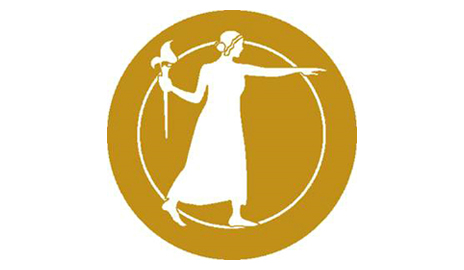
Three Yale faculty members were among 105 new members and foreign associates elected April 30 to the U.S. National Academy of Sciences, one of science’s most prestigious honors.
The election brings membership in the academy to 2,179 with 437 foreign associates.
The following Yale faculty members will be inducted into the Academy next April during its 151st annual meeting in Washington, D.C.:
Ron Breaker, Henry Ford II Professor, Department of Molecular, Cellular and Developmental Biology, professor, molecular biophysics and biochemistry
and investigator, Howard Hughes Medical Institute.
Breaker is one of the world’s experts on the diversity and function of RNAs, which are crucial to carrying out a host of life processes. Breaker is best known for his discovery of riboswitches, elements of RNA that can control the expression of genes.
Xing-Wang Deng, The Daniel C. Eaton Professor of Plant Biology, Department of Molecular, Cellular and Developmental Biology; and Director of Peking-Yale joint center of plant molecular genetics and agrobiotechnology.
Deng’s research focuses on how light affects plant development. His lab uses genetic, genomic and molecular tools to investigate of how light regulates plant growth and development with goal of improving crops.
David Mayhew, Sterling Professor, Political Science, Professor, Institute of Social and Policy Studies
Mayhew is a leading scholar of the American political system, especially the behavior of the U.S. Congress, political parties and policy-making. In his most recent book “Partisan Balance: Why Political Parties Don’t Kill the U.S. Constitutional System,” he argues that the wishes of the majority tend to keep the government on a centrist track—despite party excesses.
The National Academy of Sciences is a private, nonprofit honorific society of distinguished scholars engaged in scientific and engineering research, dedicated to the furthering science and technology and to their use for the general welfare. Established in 1863, the National Academy of Sciences has served to “investigate, examine, experiment, and report upon any subject of science or art” whenever called upon to do so by any department of the government. For more information, or for the full list of newly elected members, visit the website.